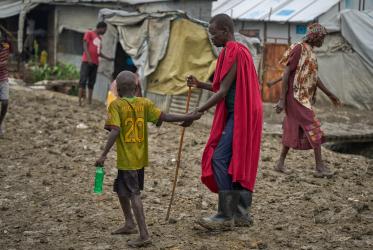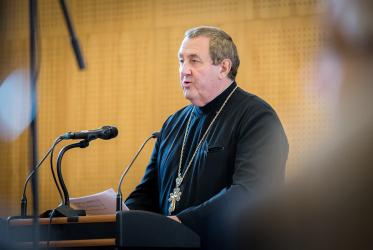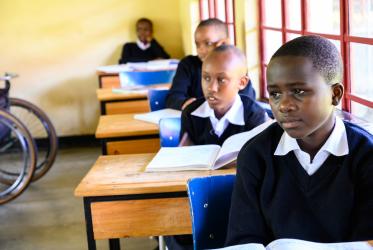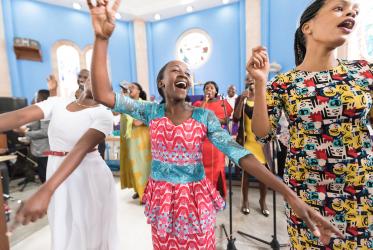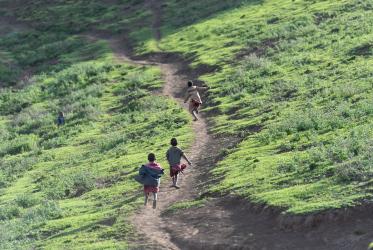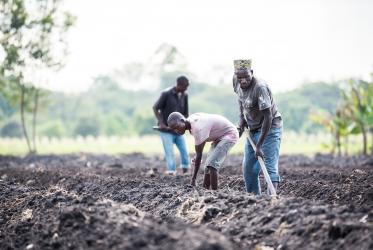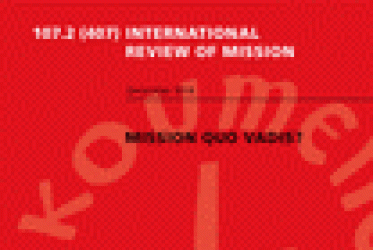Displaying 1 - 20 of 85
Workshop on HIV stigma, treatment adherence opens in Tanzania
29 September 2021
Moravian Church in Tanzania launches Thursdays in Black
10 September 2019
Mission and people with disabilities
26 June 2019
How will the Arusha Call change the world?
20 May 2019
WCC condemns massacre of farmers in Philippines
12 April 2019
New issue: International Review of Mission
14 December 2018
All pilgrim routes lead to COP24
11 December 2018
#WCC70: A prayer about health and healing
20 July 2018
